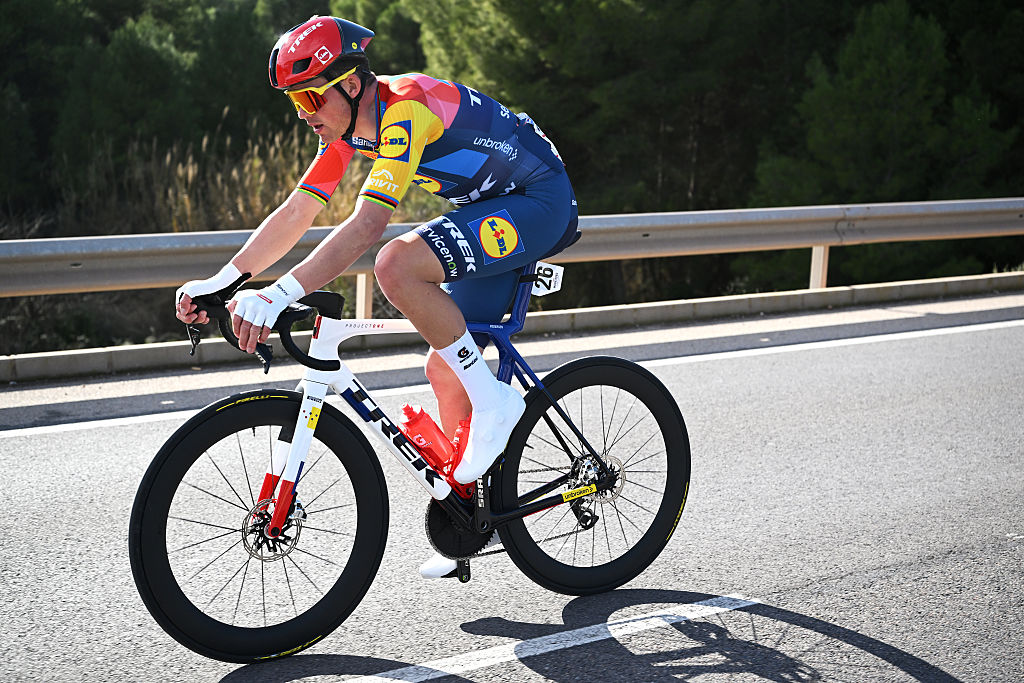UCI responds to French Senate doping report
Governing organization says cycling has cleaned itself up
The latest race content, interviews, features, reviews and expert buying guides, direct to your inbox!
You are now subscribed
Your newsletter sign-up was successful

Following the French Senate's report, which listed positive and suspicious doping rider test results EPO at the 1998 Tour de France, the UCI issued the following statement:
"In recent years, cycling has been totally transformed. It is now possible to race and win clean and there is a new culture within the peloton where riders support and believe in clean cycling. Cycling now has the most sophisticated and effective anti-doping infrastructure in world sport. Today, cycling leads the way in the fight against doping in sport," said the UCI.
"In view of the revelations that were made over the past year it has become clear that in the late 1990s and early 2000s, many riders made bad choices during a very bad period for cycling.
"It is apparently in this context that the report, part of a French Senate inquiry on how effective the fight against doping has been in France, refers to the retesting of samples taken during the 1998 Tour de France.
"The UCI as well as other anti-doping organizations have all been aware of the fact that samples from the 1998 Tour de France were retested in 2004 for the purpose of a research programme. Since 2005, it has also been known that according to these research results a number of samples contained EPO.
"The retroactive testing of the 1998 Tour riders’ samples was carried out by the French laboratory as scientific research and not according to technical standards for anti-doping analyses. In addition, the principles of anonymity and prior consent from the riders for scientific analyses were not respected. The results therefore could not be accepted as valid proof in an anti-doping context - and the UCI could not open retrospective disciplinary proceedings.
"As it was not possible to prove that the riders concerned had doped and no B-analysis was available as a defense, the UCI considered it was not appropriate to disclose their names.
The latest race content, interviews, features, reviews and expert buying guides, direct to your inbox!
"In 1998, there was no test that could detect the use of EPO. The urinary EPO test was pioneered by the UCI and introduced in 2001. Today, cycling is ranked top out of all IFs in the number of out-of-completion tests it carries out. Last year, the UCI carried out a total of 14,168 anti-doping tests. This included 7,558 in-competition tests and 6,610 out-of-competition tests. Of these, 5,218 tests were carried out for the UCI’s blood passport program.
"Having made the above remarks UCI will study carefully the 60 proposals put forward by the report of the French Senate with a view to implementing those which can improve further the fight against doping
"Many of our most respected top riders have all been strong public voices in confirming that today’s cycling has cleaned itself up."

